Charlie Kirk, 31, co-founder of Turning Point USA, was shot and killed at a public event at Utah Valley University in Orem. Authorities are calling the death of the conservative activist a “targeted political assassination.” Charlie Kirk was shot and killed by a single bullet. He was well-known for his speaking tours on college campuses and his close ties to former President Donald Trump.
Witnesses said that Charlie Kirk was in a white outdoor debate tent when a shot rang out while he was answering a question. He fell down right away, holding his neck. Things got crazy as students and supporters tried to get to safety. They took Kirk to the hospital right away, but he died later. Utah Governor Spencer Cox described the incident as “a political assassination” and “a dark day for the nation.”
Charlie Kirk Utah Shooting: How It Happened
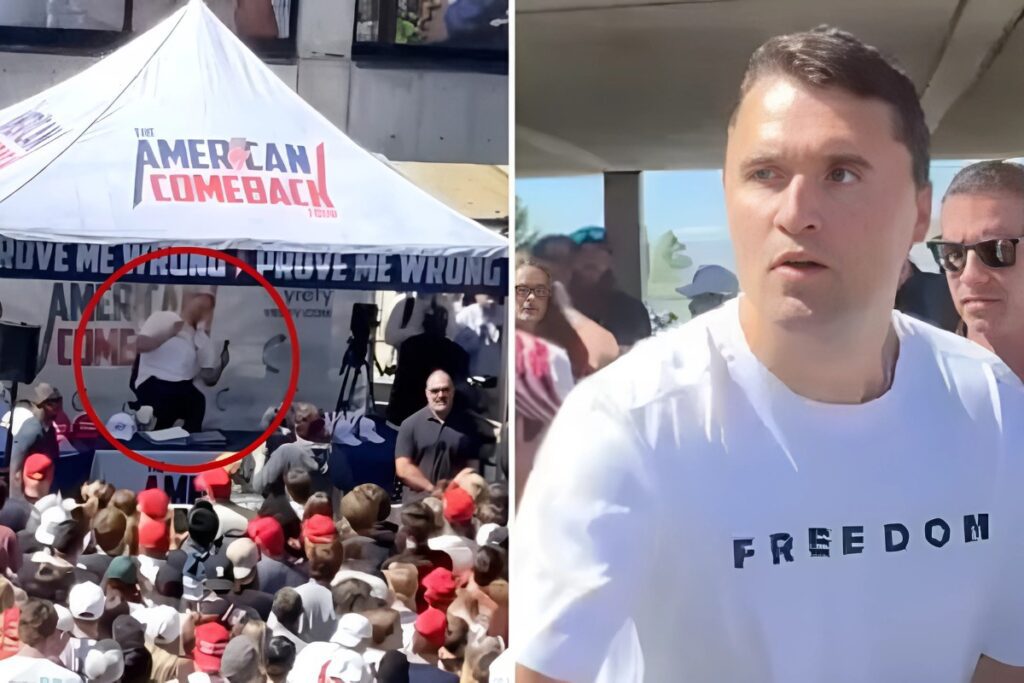
The Charlie Kirk shooting at Utah Valley University occurred around noon during his “Prove Me Wrong” tour event. Kirk was seated at a table, responding to a question about gun violence, when a single shot interrupted the exchange.
Former Congressman Jason Chaffetz, who was present, said he heard only one gunshot before Kirk slumped backward. “It wasn’t a bunch of gunfire. It was one shot,” Chaffetz told reporters.
Police later confirmed that the attacker fired from a rooftop about 200 yards away. The suspect, dressed in dark clothing, escaped into nearby campus buildings and remains at large.
Key Facts
- Victim: Charlie Kirk, 31, co-founder of Turning Point USA and prominent conservative activist.
- Location: Utah Valley University (Orem, Utah), Sorensen Center courtyard – an outdoor campus area.
- Time: Around 12:00 p.m. local time on Sept. 10, 2025 (Wednesday).
- Circumstances: Kirk was participating in a “Prove Me Wrong” debate segment when a student asked a question. Moments later, he was struck by a single bullet.
- Aftermath: Kirk was rushed to a hospital and died from his wound. The campus was immediately evacuated and security measures were heightened. Classes were canceled for the day.
- Investigation: Police think it was a planned murder. There is no confirmed suspect in custody. A first person of interest was held for a short time and questioned, but they were let go. Authorities are still looking for the shooter, who is only known to have worn all black and shot from a roof, according to security camera footage.
- Reactions: People quickly condemned the shooting. President Trump used social media to say that Kirk had died and told people to fly U.S. flags at half-staff in his honor. Violence was condemned by other national leaders, including President Biden and California Governor Gavin Newsom.
Investigation and Manhunt
Police have been working hard to find the shooter. In the hours after the shooting, officials gave different information about the suspects. FBI Director Kash Patel wrote that “the subject” who was thought to have shot Kirk had been arrested. But later, Utah Public Safety Chief Beau Mason and Governor Spencer Cox made it clear that the suspect was still on the loose.Cox said a “person of interest” had been detained and interviewed but then released.
As of this writing, no one has been formally charged. Authorities are analyzing security camera footage and collecting evidence from the campus scene. The Salt Lake City FBI field office has set up an online tip line and urged anyone with information to come forward. “We will continue to release information in the interest of transparency,” the FBI said. Meanwhile, Kirk’s supporters and students remain on edge, hoping for a breakthrough in the case.
State troopers and campus police have gone door-to-door in Orem, showing people pictures of a “person of interest.” According to officials in Utah, the shooter was wearing dark clothes and shot from a building about 200 yards away. Mason from the Utah Department of Public Safety said that even though the attack looked planned, investigators still don’t know why it happened. He said the crime doesn’t fit any normal pattern: “Utah is one of the safest places on the planet,” Mason said, calling the slaying “disgusting, vile, and reprehensible.”
Who Was Charlie Kirk?
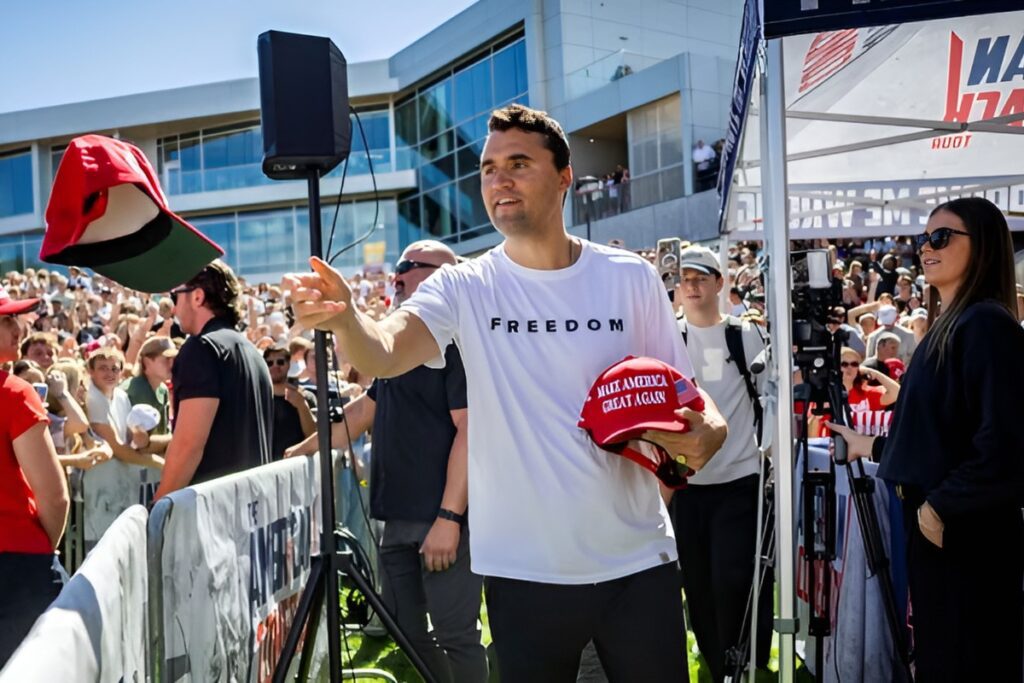
A lot of people knew Charlie Kirk as a young conservative leader. He was born in Iowa in 1993 and helped start Turning Point USA (TPUSA) when he was 18 years old in 2012. The group’s goal was to spread pro-free-market, limited-government ideas on college campuses. Now, they support student chapters at about 1,800 high schools and colleges across the country. Kirk often worked for Republican causes, and during the 2016 presidential race, he even worked as a personal assistant to Donald Trump Jr.
At the time of the shooting, Kirk was leading a speaking tour called “The American Comeback Tour,” aimed at engaging young voters in Republican ideas. He frequently appeared on cable news and social media, and was closely allied with President Trump and other GOP leaders. Known for his combative “Prove Me Wrong” debates, Kirk prided himself on debating liberal students on campus. Just days before his death, an online petition attempted to block Kirk’s appearance at Utah Valley University – but university officials defended his right to speak, citing free speech protections. In a social media post that evening, Kirk noted the campus controversy: “What’s going on in Utah?”
Erika Frantzve Kirk was Kirk’s wife, and they had two young kids together. After the shooting, coworkers remembered him as a political activist and a loving family man. A member of Turning Point said they wanted Kirk to be remembered as “a great person” who “everyone loved and admired.” Another friend said that he often talked about faith and said that he had “gone to his eternal reward” after being shot.
Reactions and Condolences
News of Kirk’s death drew shock and sorrow from across the political spectrum. Former President Donald Trump, a close ally of Kirk, announced the killing on his Truth Social account, calling Kirk “great, and even legendary” and ordering U.S. flags flown at half-staff in his honor. In a statement later that night, Trump described Kirk as having the “heart of the youth” and said he was “loved and admired by ALL, especially me.”
Utah Governor Spencer Cox, a Republican, warned that the state’s politics had suddenly been “shaken” by the tragedy. Cox told a news conference: “This is a dark day for our state. It’s a tragic day for our nation. I want to be clear – this is a political assassination.” He also highlighted Kirk’s roles as “a husband and dad to two young children” and as a crusader for free speech.
Federal leaders joined the condemnation. President Joe Biden said “there is no place in our country for this kind of violence” and extended prayers to Kirk’s family. Former President Barack Obama, a Utah native, likewise condemned the shooting.
Prominent Democrats offered support despite political differences. California Gov. Gavin Newsom, who had hosted Kirk on his podcast months earlier, denounced the “disgusting, vile, and reprehensible” killing. Former Congresswoman Gabrielle Giffords – herself a gun-violence survivor – said the “murder of Charlie Kirk breaks my heart” and offered her sympathies to his wife and children. Robert F. Kennedy Jr. described Kirk as “a relentless and courageous crusader for free speech,” recalling his own family’s history with political violence.
Some far-right activists even said they were worried. Several conservative students were at Kirk’s event in Utah, and some of them said they were worried about safety on campus afterward. One student said he was shaken by what he had seen, and others held impromptu vigils to pray for Kirk’s recovery before his death was confirmed. Turning Point USA chapters across the country lit candles or held momentary silences to show their support. But in some places, people were angry and sad and called for calm. Utah Republican Senator Mitt Romney, who had previously fought with Kirk, called for the truth to come out and condemned any violence in politics.
Context: Political Violence in America
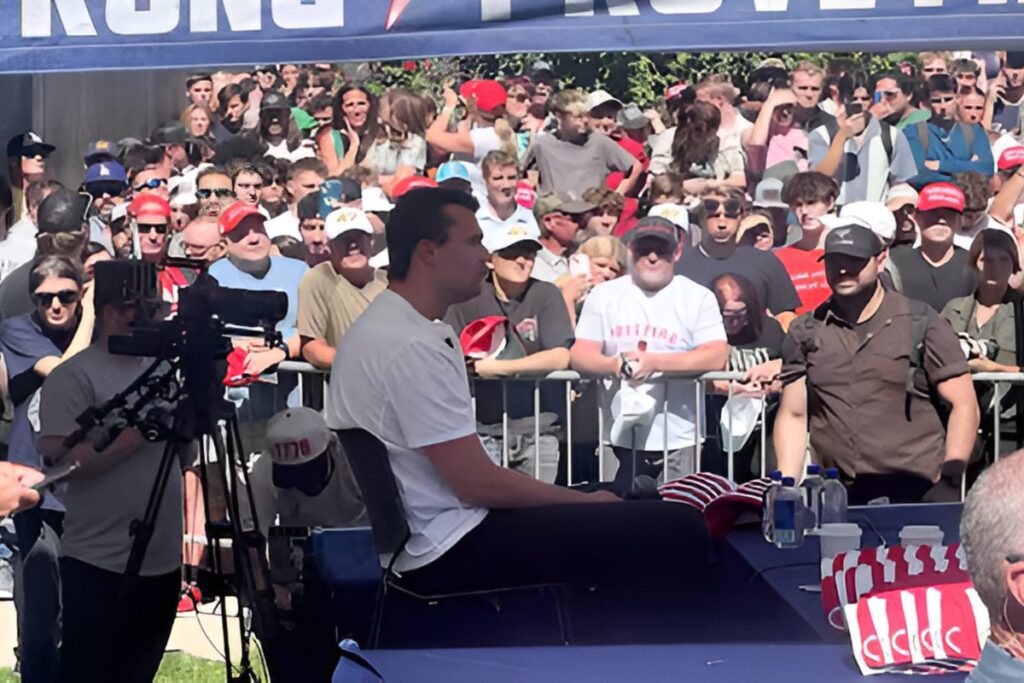
Experts note that Kirk’s killing is part of a troubling wave of political violence in recent years. In June 2025, a Minnesota state lawmaker and her husband were fatally shot in a suspected political motive; that same month, a bomb was set at a Colorado parade; in April, a Jewish community leader’s home in Pennsylvania was attacked. Perhaps most dramatically, gunfire struck President Trump himself at a 2024 rally in Ohio – an attempt that plunged the nation into crisis before Trump recovered.
“The attack on Charlie Kirk fits into a wider pattern,” said a University of Utah political science professor. “In recent years we’ve seen violence from both extremes, and now a public figure from the right was targeted. It underscores how polarized and dangerous the climate has become.” Utah’s leaders echoed similar concerns. As Gov. Cox noted, historically college campuses in the U.S. had been places of vibrant debate; now the specter of lethal violence at such an event has unsettled many.
Local police have urged people to stay vigilant but not to panic. “We will not let one shooting define our community,” a Utah Valley University police chief said, stressing that extra patrols and support services were deployed on campus. The university president said she was heartbroken and assured students and staff that counseling would be available. On Thursday, nearby colleges in Utah reported heightened security and stepped-up reviews of event safety protocols.
What Comes Next
The investigation is still going on and changing at this point. Officials are putting together a timeline and hoping to find the sniper. People who have information have been told to call the FBI or the Utah police. Utah public safety officials say they are following up on all leads, from looking at surveillance footage to talking to possible witnesses. Officials at the university have asked people to be patient and said that classes will start up again once the campuses are safe.
In the meantime, the country is dealing with the fallout. Supporters of Charlie Kirk remember him as a charming young leader who motivated many students. Opponents, on the other hand, say that violence is never justified. As one Turning Point colleague put it on social media: “We mourn him tonight, but we know Charlie would want us to keep talking, keep debating, and keep living free.” Whether Kirk’s death will spur changes in campus security or political discourse is uncertain. But for now, his family and the political community are coming to terms with the loss of a polarizing figure taken too soon.









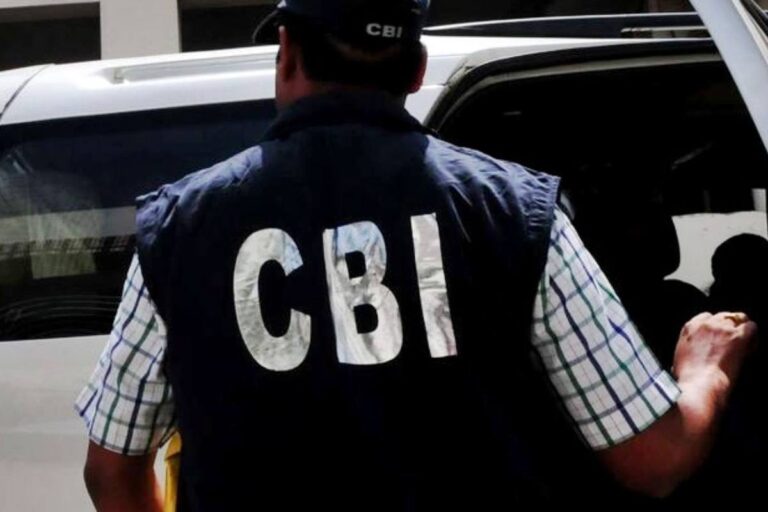
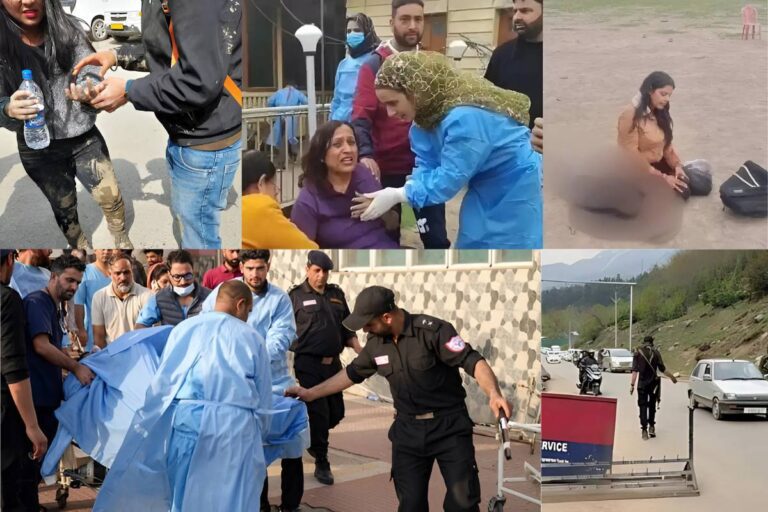
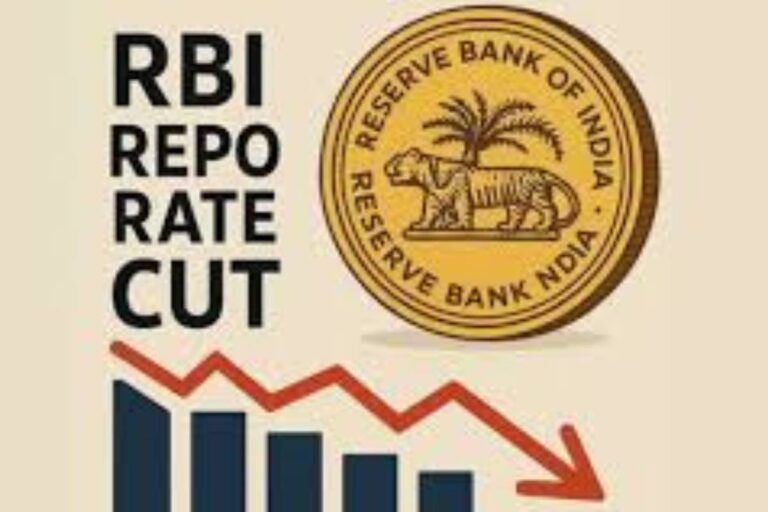

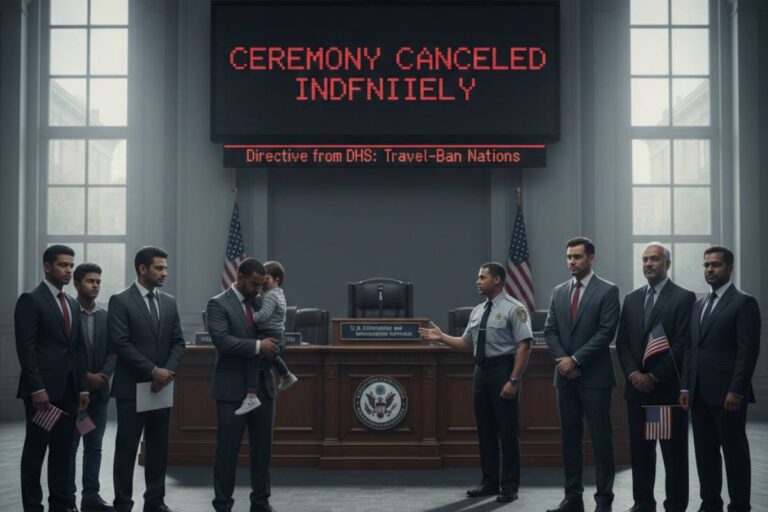



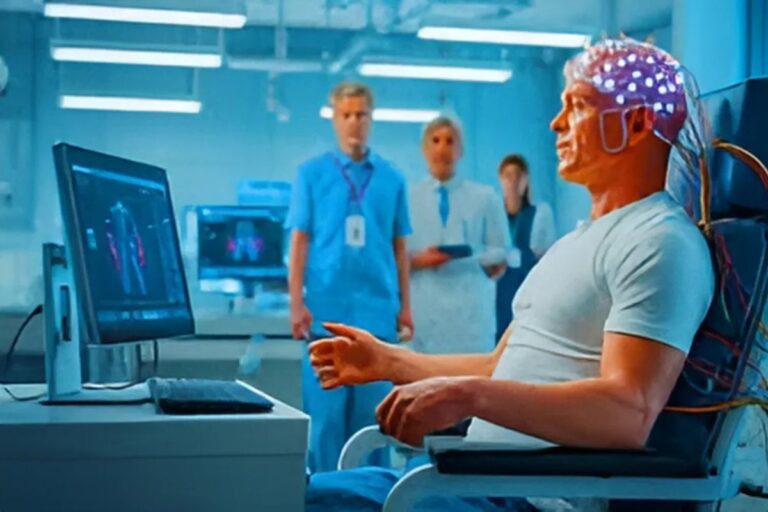





It’s tragic that another life was lost to gun violence.